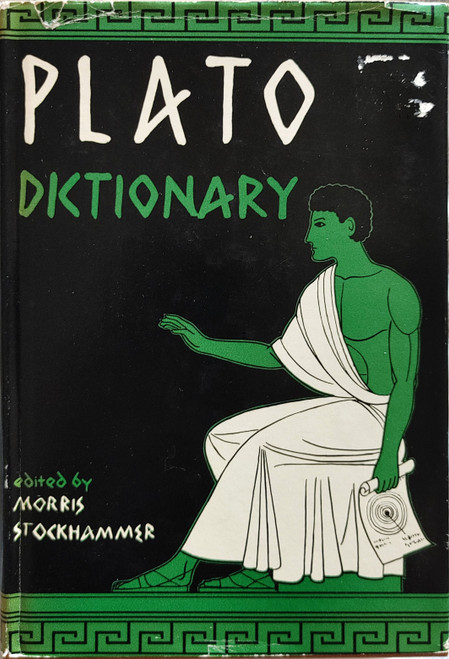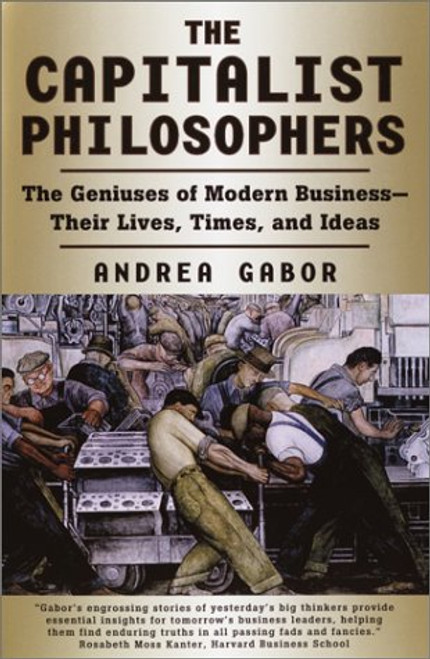In an age when philosophers had scarcely glimpsed the horizons of the mind, a boy named Aristocles decided to forgo his ambitions as a wrestler. Adopting the nickname Plato, he embarked instead on a life in philosophy. In 387 BC he founded the Academy, the world's first university, and taught his students that all we see is not reality but merely a reproduction of the true source. And in his famous Republic he described the politics of "the highest form of state."
In Plato in 90 Minutes, Paul Strathern offers a concise, expert account of Plato's life and ideas, and explains their influence on man's struggle to understand his existence in the world. The book also includes selections from Plato's work; a brief list of suggested reading for those who wish to push further; and chronologies that place Plato within his own age and in the broader scheme of philosophy.
The 90 Minutes series includes brief but authoritative interpretations of the world's great thinkers. These books decipher philosophical thought in entertaining and accessible fashion, making it comprehensible and interesting to almost everyone.
About the Author
Paul Strathern (born 1940) is a Scots-Irish writer and academic. He was born in London, and studied at Trinity College, Dublin, after which he served in the Merchant Navy over a period of two years. He then lived on a Greek island. In 1966, he travelled overland to India and the Himalayas. His novel A Season in Abyssinia won a Somerset Maugham Award in 1972.
Besides five novels, he has also written books on science, philosophy, history, literature, medicine and economics. He is the author of two series of short introductory books: Philosophers in 90 Minutes and The Big Idea: Scientists Who Changed the World. His book on the history of chemistry entitled Mendeleyev's Dream (2000) was short-listed for the Aventis Prize, and his works have been translated into over two dozen languages. He is the author of The Medici: Godfathers of the Renaissance, Napoleon in Egypt, and The Artist, the Philosopher and the Warrior: Leonardo, Machiavelli and Borgia - a fateful collusion (2009) and The Spirit of Venice: from Marco Polo to Casanova (2012). His recent works include The Periodic Table (2015), "Quacks, Rogues and Charlatans" (2015) and 'The Borgias' (2019) 'Rise and Fall: A History of the World in Ten Empires' (2019). 'The Florentines: from Dante to Galileo (Atlantic 2021). His work on economic history 'Dr Strangelove's Game' (2001) was chosen as a Google business book of the year.His most recent work 'Ten Cities that Changed The World' (2022) has been chosen as a Waterstones History Book of the Year.







